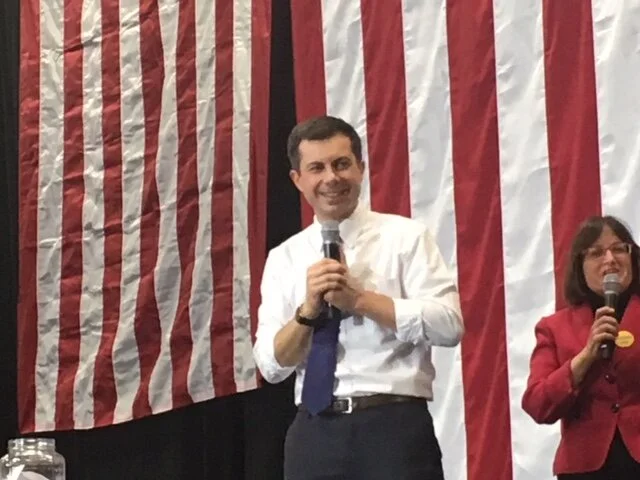Sinn Fein's election performance breaks center-right stronghold in Ireland By Phillip A. Howard
Ireland’s Sinn Fein party, the former political wing of the Irish Republican Army, surged significantly in exit polls in the Irish election. The party won the popular vote and its largest portion of seats, a remarkable development after the two center-right parties, Fine Gael and Fianna Fail, have long dominated Irish politics. The preliminary results were released today and account for approximately one third of legislative seats.
Mary Lou McDonald, Sinn Fein party leader, believed “we now have a very, very substantial mandate.” “It’s fair to say that this election has been historic,” McDonald contended, “something of a revolution in the ballot box.”
Meanwhile, Prime Minister Leo Varadkar, and his center-right Fine Gael party, “suffered humiliating losses.” Varadkar can retain his position, but no party has a clear path to forming a new coalition.
Varadkar sought to secure a deal with Prime Minister Boris Johnson to avoid a hard border between the Irish Republic and Northern Ireland, but suffered domestically after a housing shortage produced declining homeownership and rising rent and homelessness. Dublin recently became one of the 10 most expensive cities in the world for renting.
Mary Lou McDonald (Aidan Crawley/EPA)
According to Jane Suiter, a professor of media studies and politics at Dublin City University, “Sinn Fein have been getting young progressives on board, people who think the number of homeless is morally bankrupt, and who feel they have been left at the mercy of landlords and vested interests, free to charge what rent they like because ordinary people can’t afford to buy.”
Fianna Fail leader Micheal Martin said “there is significant incompatibility in terms of the policy platforms of ourselves and Sinn Fein. We just have to put that marker down.”
Sinn Fein’s left-wing, high-spending social policies, and previous support for the violent actions taken by the IRA in Northern Ireland from 1968 to 1998, have long generated concern.
Neither center-right party has completely ruled out a coalition with Sinn Fein, but Martin said that “one’s policies and one’s principles don’t change overnight, and there are serious policy issues for any government to sustain into the future.”
Phillip Howard is a graduate student at Utica College






